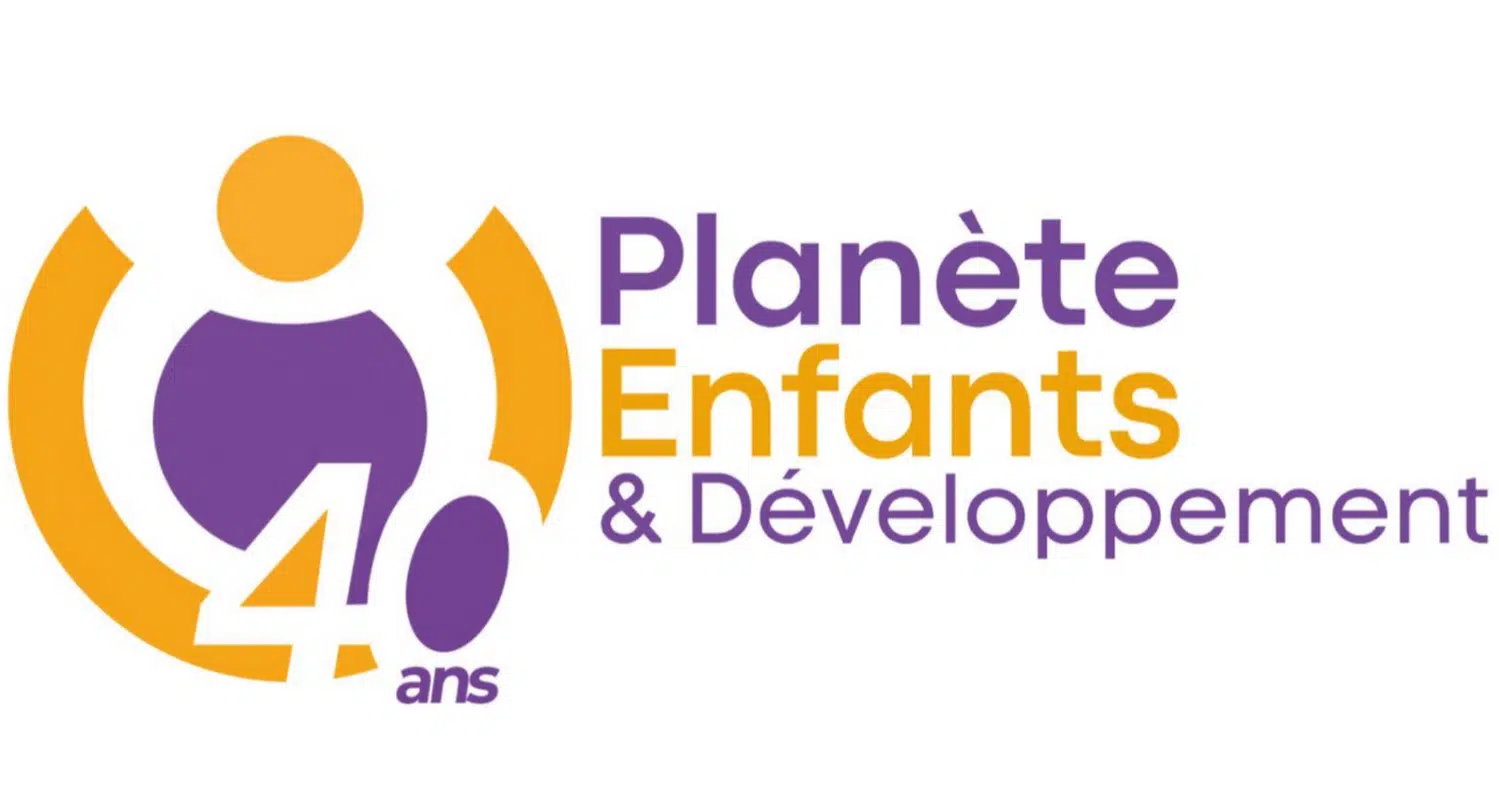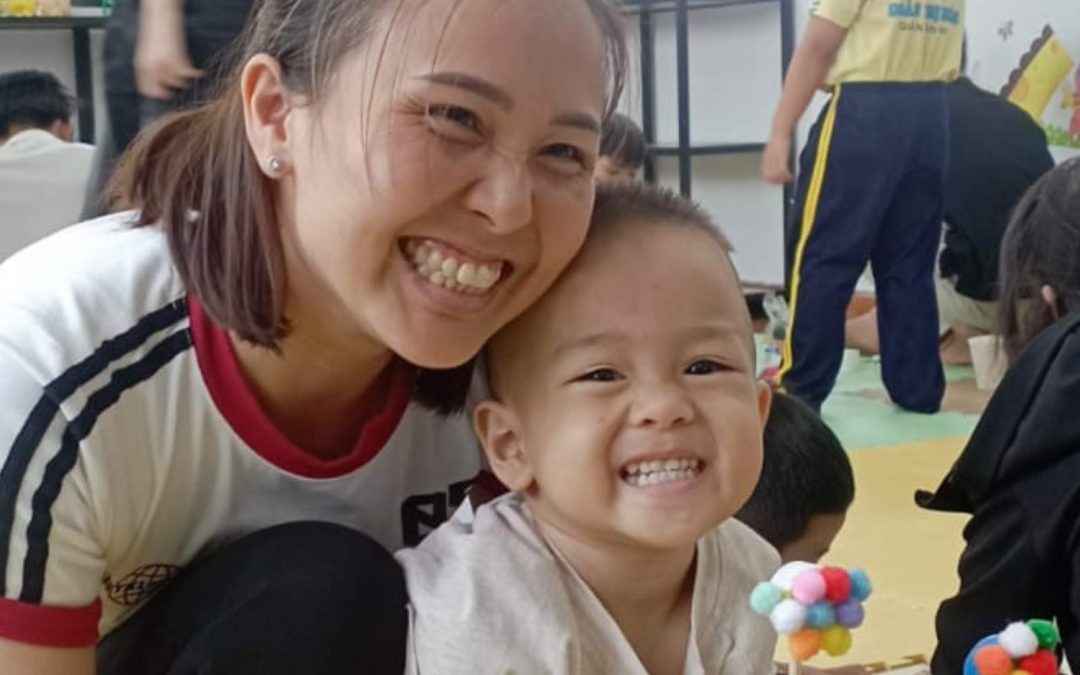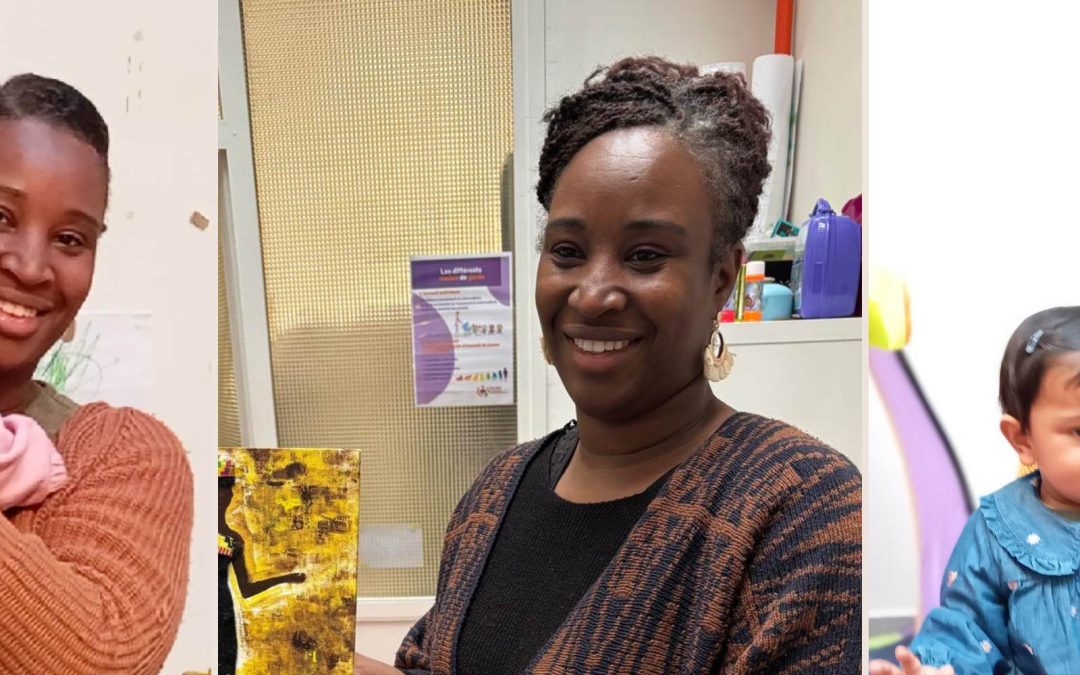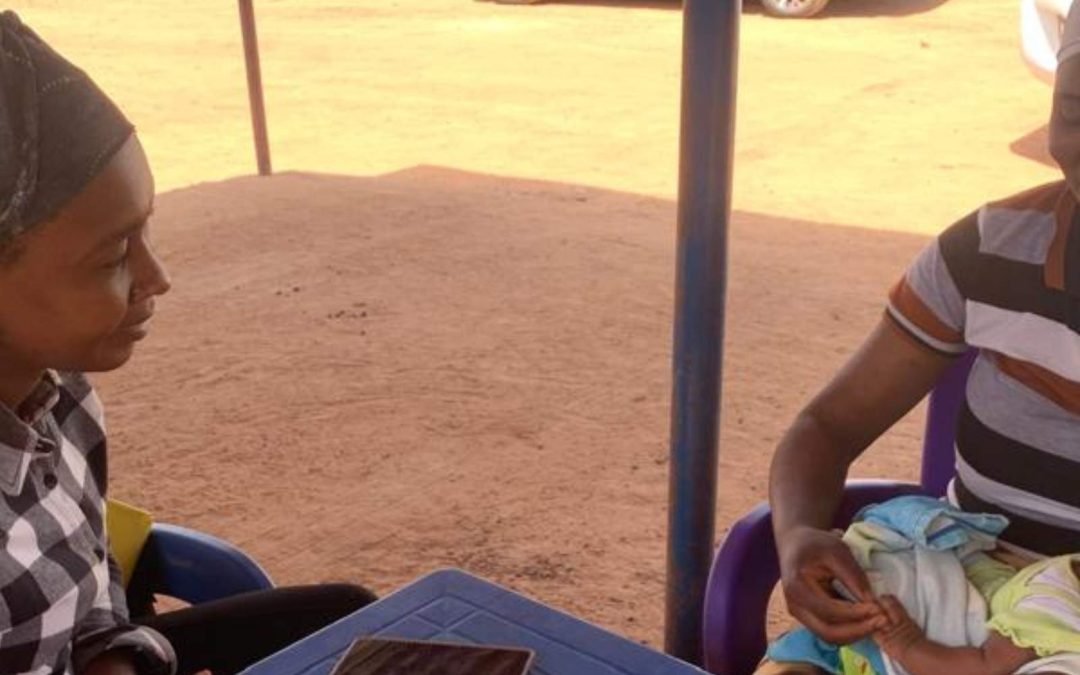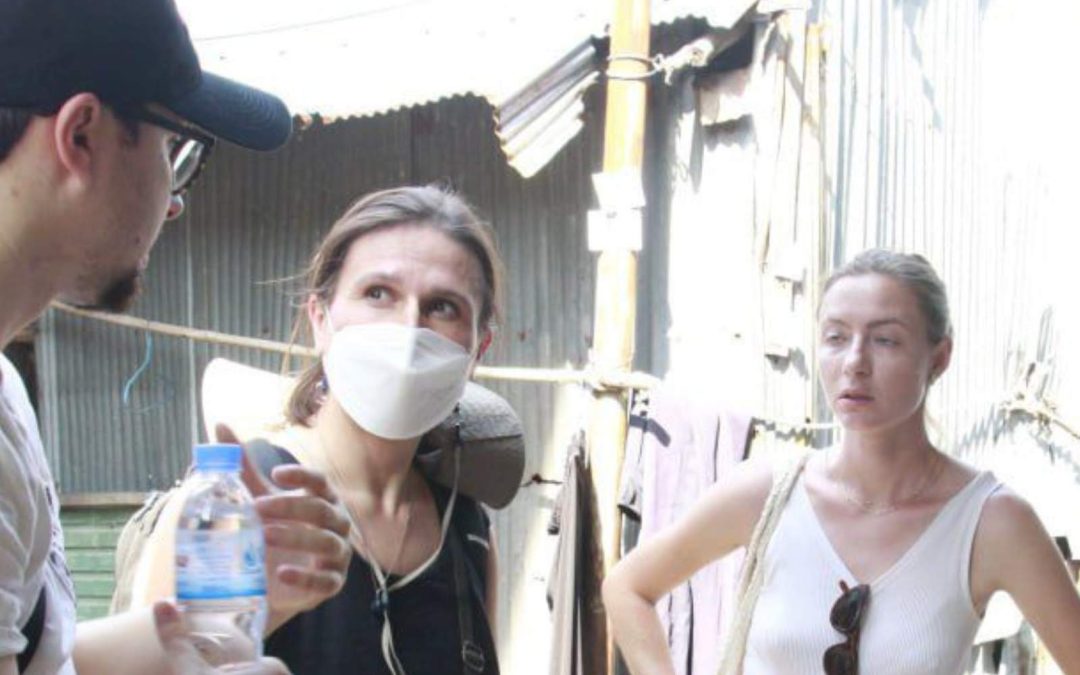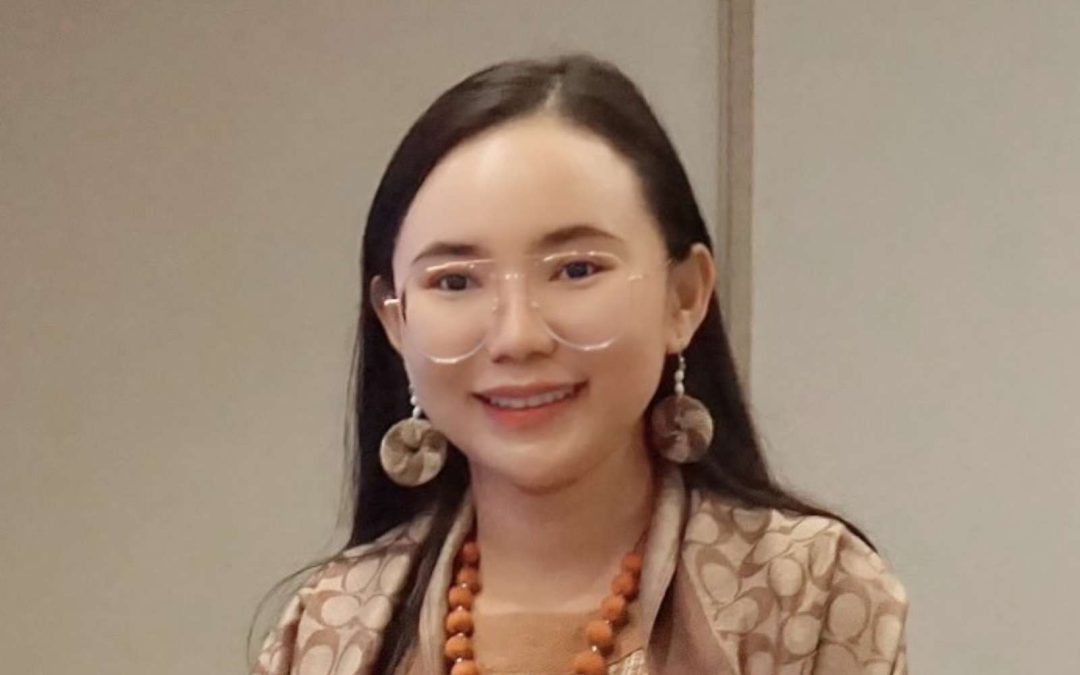
To mark parenthood month, Buddi Shrestha, our Program Coordinator in Nepal, talks to us about building the first bonds of trust, particularly in the transition from the family unit to nursery school.
Last winter, as part of a feasibility study for an early childhood project, we visited a large public school. With over 2,500 students and a good reputation (English classes, internal standards, surveillance cameras, etc.), the school seemed impressive at first glance. However, our visit to a kindergarten class raised an often overlooked issue.
In a colorful, medium-sized room packed with 35 young children, I witnessed a heartbreaking scene. A recently enrolled 4-year-old girl was sobbing uncontrollably as a teacher tried to console her. As I approached, the child broke free from the teacher's arms, ran towards me and clung tightly to my neck, begging to be taken back to her mother. Her cries - "I want to go with my mommy" - reflected deep emotional distress. It was clear that she was upset, frightened and unable to find comfort in this unfamiliar environment.
This moment seemed to me to illustrate a widespread challenge at the time of kindergarten entry in Nepal: the lack of structured support for the transfer of attachment, that crucial emotional transition from parental care, particularly maternal attachment, to trust in teachers or caregivers. Instead of a child-centered approach, many
children are forcibly left at school, sometimes after being threatened, scolded or unrealistically reassured. The start of the school year is often accompanied by disturbing images of children being dragged to school in tears, as if compliance were the priority over emotional preparation.
With over 2.4 million children under the age of 5 in Nepal, this is not a marginal problem, but a systemic concern that requires urgent attention. The experience of trauma caused by forced separation, the lack of tenderness in managing transitions, the breakdown in trust that children experience when promises are not kept, and the poorly guided transition from home to school all point to the need for more compassionate practices that are adapted to children's stages of development.
Recognizing this, Planète Enfants & Développement actively engaged with teachers and parents in 48 schools in Gorkha, focusing on building emotional security, mitigating change and creating stimulating spaces that respect the emotional world of young children from their first day at school. The project has helped to raise awareness of this issue among teachers and parents, and to inform them with the following messages.
Message to teachers
Teachers play an essential role in young children's transition from home to school. Establishing emotional trust through warm greetings, a gentle tone and the use of children's first names creates a sense of belonging. A consistent daily routine, such as starting the day with a circle, offering quiet "cozy corners", and encouraging small-group play, helps children feel safe, considered and connected.
Teachers need to remain alert to emotional signals, offering reassurance and comfort where necessary. Encouraging children to express their feelings and validate their emotions enhances their emotional intelligence and promotes their social-emotional development. It is essential to facilitate the gradual transfer of the attachment bond with parents to teachers, for example by allowing children to keep a family photo, favorite toy or comforting object close by.
Message to parents
At first, staying in or near the classroom helps children feel safe and supported. Gradually reducing this presence allows children to gain self-confidence and form new bonds at their own pace. Bringing a familiar toy or comforting object, or placing a family photo in the classroom, can provide emotional comfort. It's important for parents to avoid coercion, false promises or academic pressure during this delicate phase. Rather than focusing on early academic results, giving priority to the child's emotional well-being, sense of security and independence helps lay a solid foundation for joyful, lasting learning.
